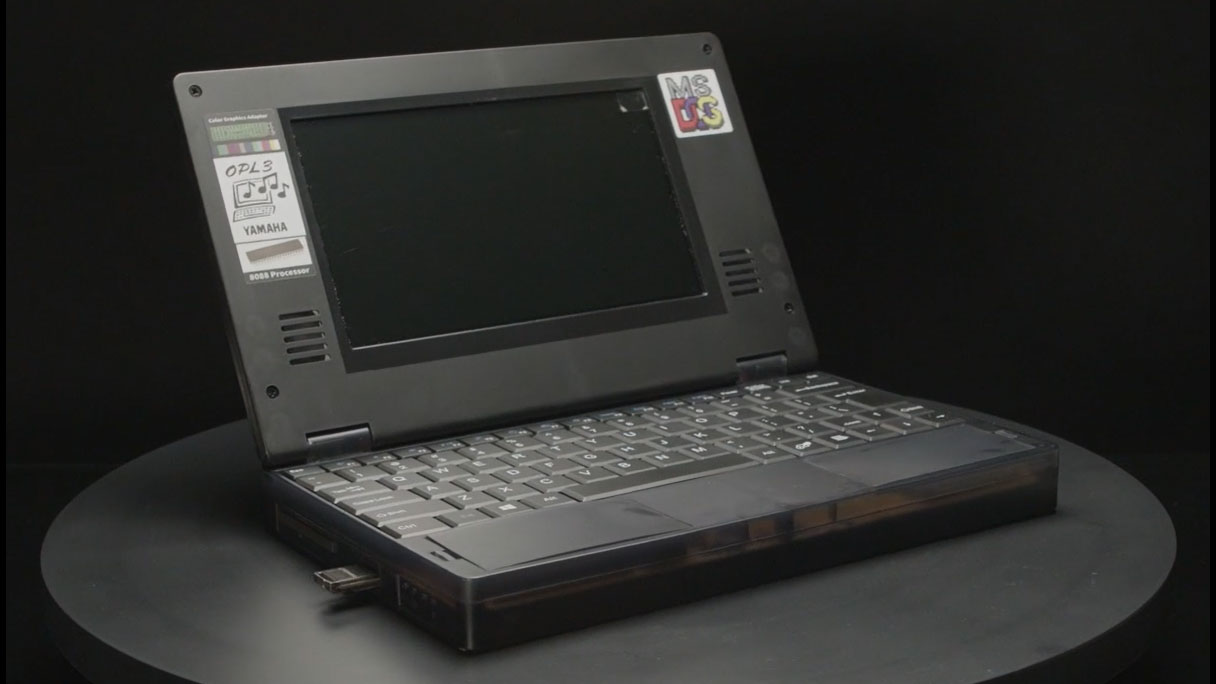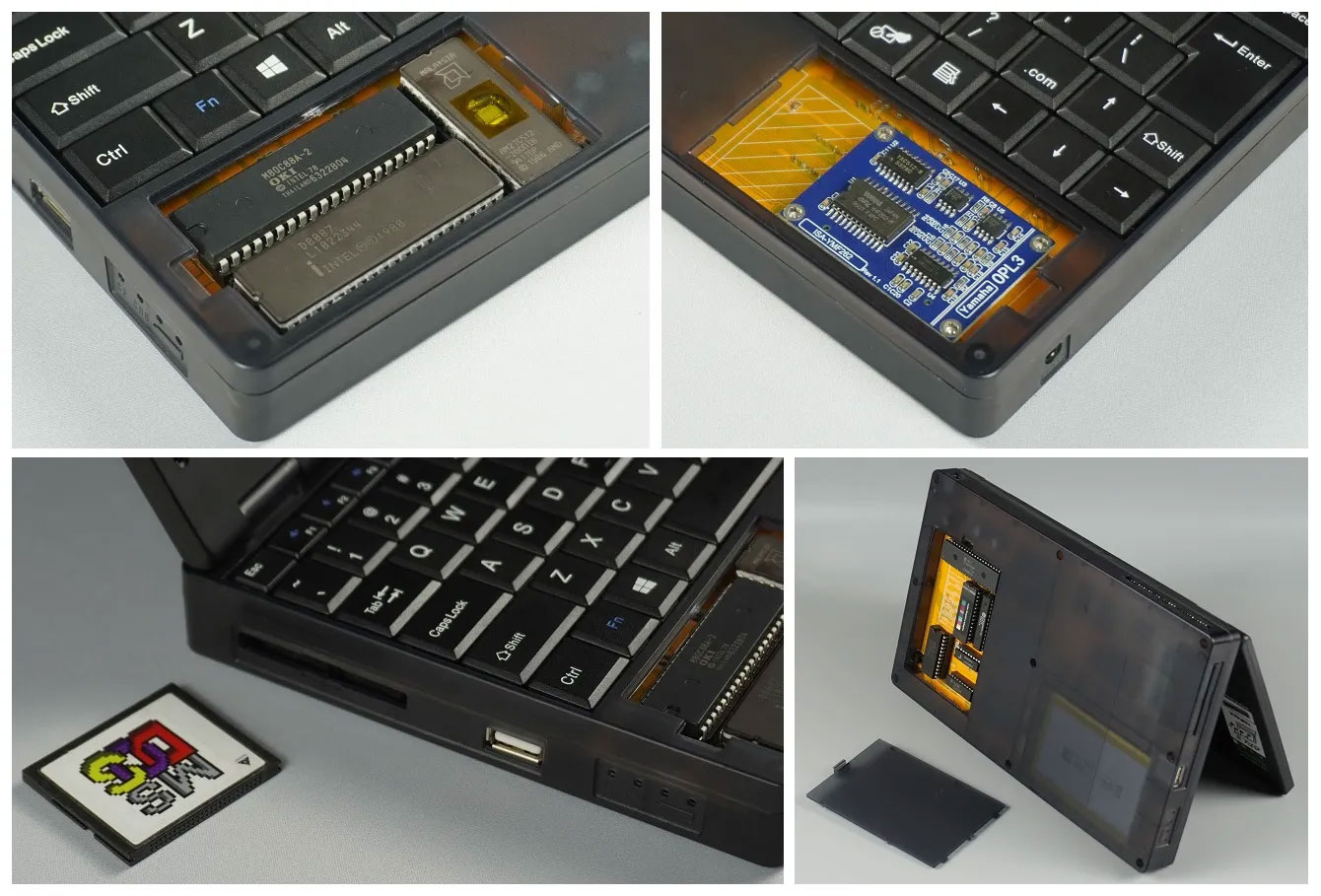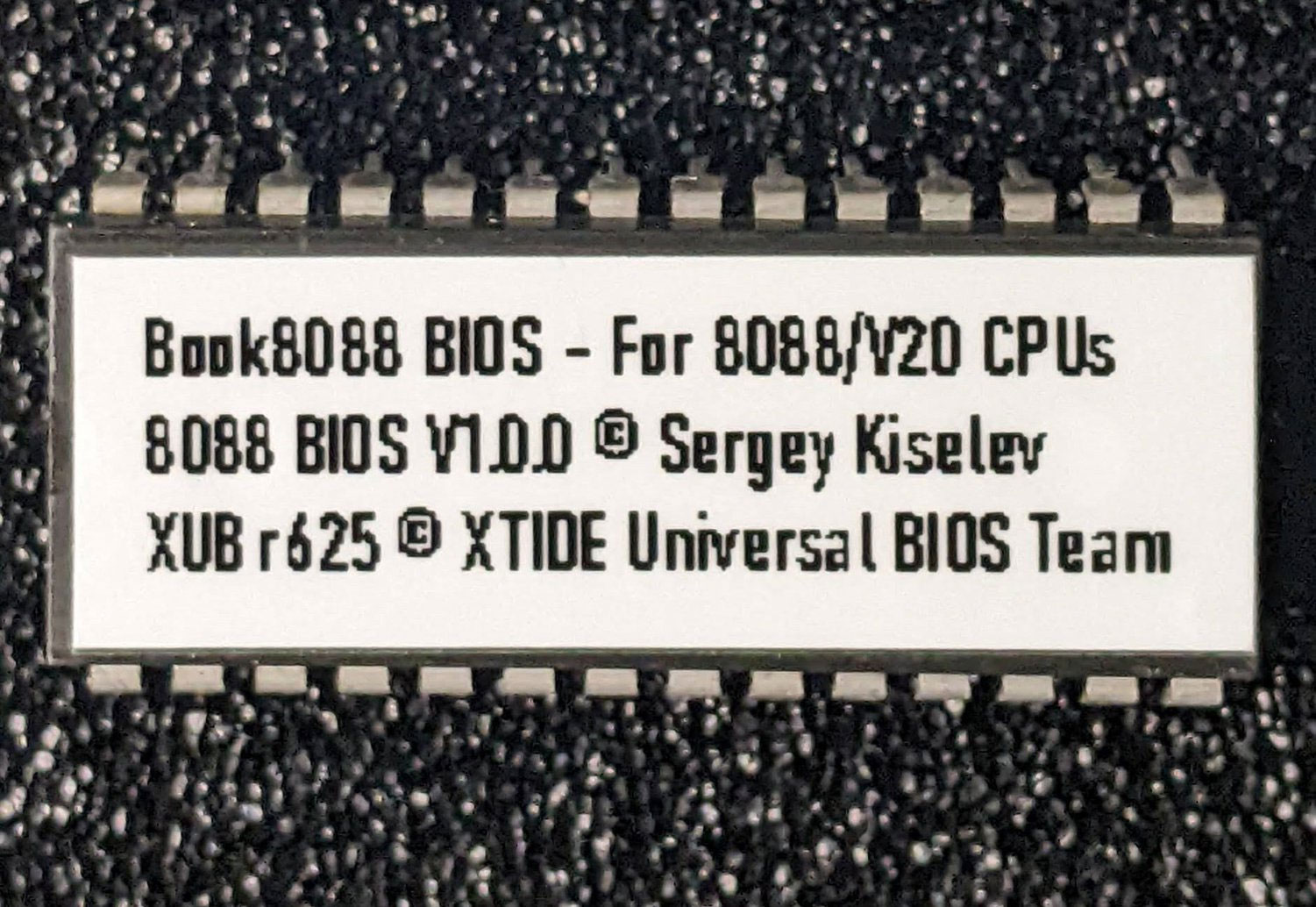Open Source BIOS for Intel 8088 Devices Reaches v1 Milestone Release
This BIOS code has been a dozen years in development.

Get Tom's Hardware's best news and in-depth reviews, straight to your inbox.
You are now subscribed
Your newsletter sign-up was successful
Developer Sergey Kiselev has released version 1.0.0 of his open source BIOS code for Intel 8088 devices (h/t Liliputing). After a dozen years in development the code is now available on GitHub in a milestone release, and has confirmed support for a number of interesting devices.
Intel 8088-based computers have traditionally shipped with proprietary BIOS firmware, so this open source BIOS might be a great resource for retro-modern makers and tinkerers. The list of hardware explicitly supported by this release of the BIOS includes the Micro 8088, Xi 8088, Sergey’s XT, the IBM XT, and the Book 8088.
The Book 8088 made news back in May as it was released on AliExpress alongside the Hand 386. These portables come in mini form factors and deliver retro computing on the go. The clamshell Book 8088 could be used for handheld Intel 8088-powered activities, but it is sad to hear that it was launched with a pirated copy of Kiselev’s 8088 BIOS installed. Though this BIOS has always been open source, the Book 8088 makers apparently violated the license by stripping mentions of Kiselev and GPL.
If you acquired a Book 8088 with the pirate BIOS, the latest genuine GPL-compliant v1.0.0 release might hold some appeal. A replacement plug-and-play BIOS chip is thus being sold by Kiselev’s Tindie store and it is pretty accessible at just $10. These ROMs are reprogrammable and ready for future upgrades if you have access to the necessary tools (EPROM programmer).
In addition to offering official support for the Book 8088, Kiselev’s 8088 BIOS v1.0.0 features a handful of bug fixes. Check the GitHub changelog to find out what’s new and see the fixes delivered over the history of the development – there are quite a lot.
The v1.0.0 release of the BIOS was obviously a milestone, but there are still some major works and wrinkles to iron out on the official ‘to do’ list. It looks like the biggest task for the dev is to work up some technical documentation. After that, there are a handful of bugs to tackle, addressing things like input peripherals, sound, and a few more things.
Get Tom's Hardware's best news and in-depth reviews, straight to your inbox.

Mark Tyson is a news editor at Tom's Hardware. He enjoys covering the full breadth of PC tech; from business and semiconductor design to products approaching the edge of reason.

